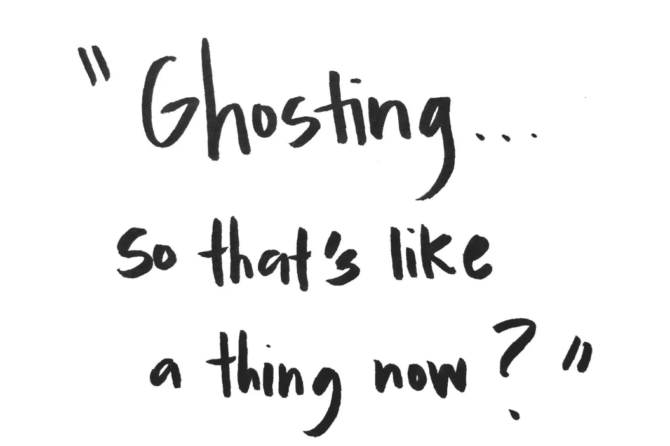In one way or another, the COVID-19 has impacted everyone’s lives.
Not surprisingly, the pandemic has triggered a wave of mental health issues. Anxiety, depression, social isolation or just the general stress that’s a result of living through COVID-19, we’re all feeling it.
I am a mental health professional with over 35 years’ experience, dealing with all forms of mental health care – yet I am no different.
When the New York State shut down all non-essential offices in March, life became very different for me. It was challenging. My practice in Dyker Heights, Neighborhood Counseling Center, is an Article 31 so was considered an essential business, therefore we needed to stay open.
My primary consideration for the past 9 months has been to keep my staff and our clients safe. It kept me up at nights, trying to work out a schedule that would allow as many employees as possible to work from home, while still manning the office for essential in-person scheduling.
I decided to change the office hours to 10 to 6 Monday to Friday and Saturday 9 to 5, with online counseling offering a wider range of appointment hours. I reflect on how lucky we were that we had already introduced Online Counseling to our range of services, we were already set up technically, we just needed to demonstrate to our clients, that online counseling was as affective as in person.
Most people were relieved that they could continue with their Therapist from the safety of their own home, but some still needed in office services.
I am the only clinician to remain on site every day, to assist with clinical consultation, review new admissions and supervise my staff. I am constantly doing crises intervention with new and existing clients, and i have been, and will continue to work 7 days a week until the pandemic is over.
We actioned strict CDC guidelines, yet I found myself constantly worrying that the support staff at the office was safe and managing the emotional stress of home and work life. I encouraged self-care, I bought them lunch, made sure they had enough supplies and assisting them with their anxiety.
The anxiety level among our clients and the general population imploded. Existing appointments continued and the requests for new appointment increased like never before. We had also made the decision to expand our BCS Group Practice to the 5 boroughs. There are so many people who need help, but most local private practices closed their doors. I leaned on my management team to keeps things running as smoothly as possible, and our intake team to help communicate and facilitate appointments via our secure online platform.
I also needed to support our therapists who were working remotely, helping them emotionally and supporting them professionally with issues they were experiencing with their clients.
I was taking care of everyone around me, but also, I had to take care of myself. I had to remind myself that I am in a high-risk demographic for Covid-19, having asthma and high blood pressure, it was imperative I protect myself from getting sick so I can take care of those around me. I became extremely proactive, making sure that I, and all my staff followed the rules. Wearing a face mask, staying six feet apart. Constantly sanitizing, not touching my face. But most important I eat right, exercise and get enough sleep.
On a personal note, my daughter is in her last year of college, my anxiety about her safety, and her anxiety about my safety skyrocketed. Thankfully her college is doing classes online, but she still lives on campus. Like many during this pandemic, she adopted a cat. My job as a mother is to make her feel safe and help her through this difficult time.
2020 has been a challenging year for most, but I know i am one of the lucky ones. My family, my staff and I are currently safe and well. We are looking forward to Christmas and the new year. So many people around the world are not so lucky, our thoughts are with them as we head into the festive season. We will continue to serve our community as best we can, staying safe and encouraging others to do the same.
Happy Holidays to you all.








